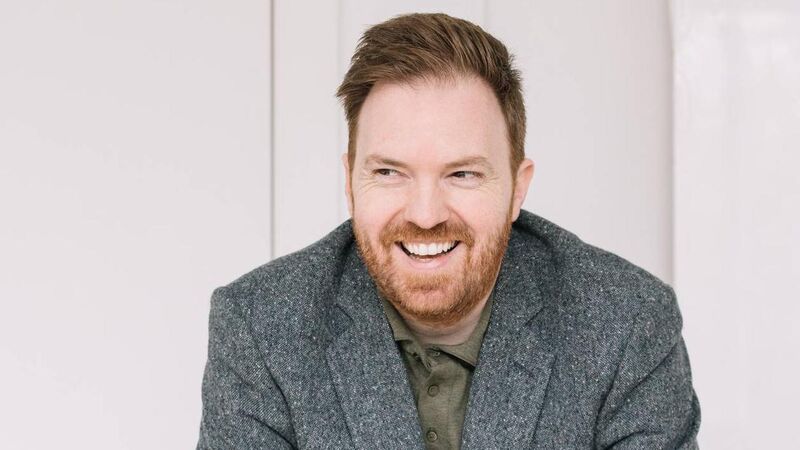Bernard O'Shea: Five things I learned from my first bad fall

Bernard O'Shea: "We spend a lot of time pretending we’re still in our 20s. We talk about starting yoga. We wear runners designed for sprinting, but only walk to the car with them."
Try from €1.50 / week
SUBSCRIBE1. Mocking is catching, especially when it comes to your mother
I was on stage doing stand-up, absolutely roasting my mother for saying, “You’re only about 10 or 15 years away from your first bad fall.” This is a classic Irish mammy line, delivered with that mix of doom and helpfulness she reserves for weather warnings and people she insists I know but don’t know have died.
Already a subscriber? Sign in
You have reached your article limit.
Annual €130 €80
Best value
Monthly €12€6 / month
Introductory offers for new customers. Annual billed once for first year. Renews at €130. Monthly initial discount (first 3 months) billed monthly, then €12 a month. Ts&Cs apply.
CONNECT WITH US TODAY
Be the first to know the latest news and updates
Newsletter
The best food, health, entertainment and lifestyle content from the Irish Examiner, direct to your inbox.
Newsletter
The best food, health, entertainment and lifestyle content from the Irish Examiner, direct to your inbox.
© Examiner Echo Group Limited